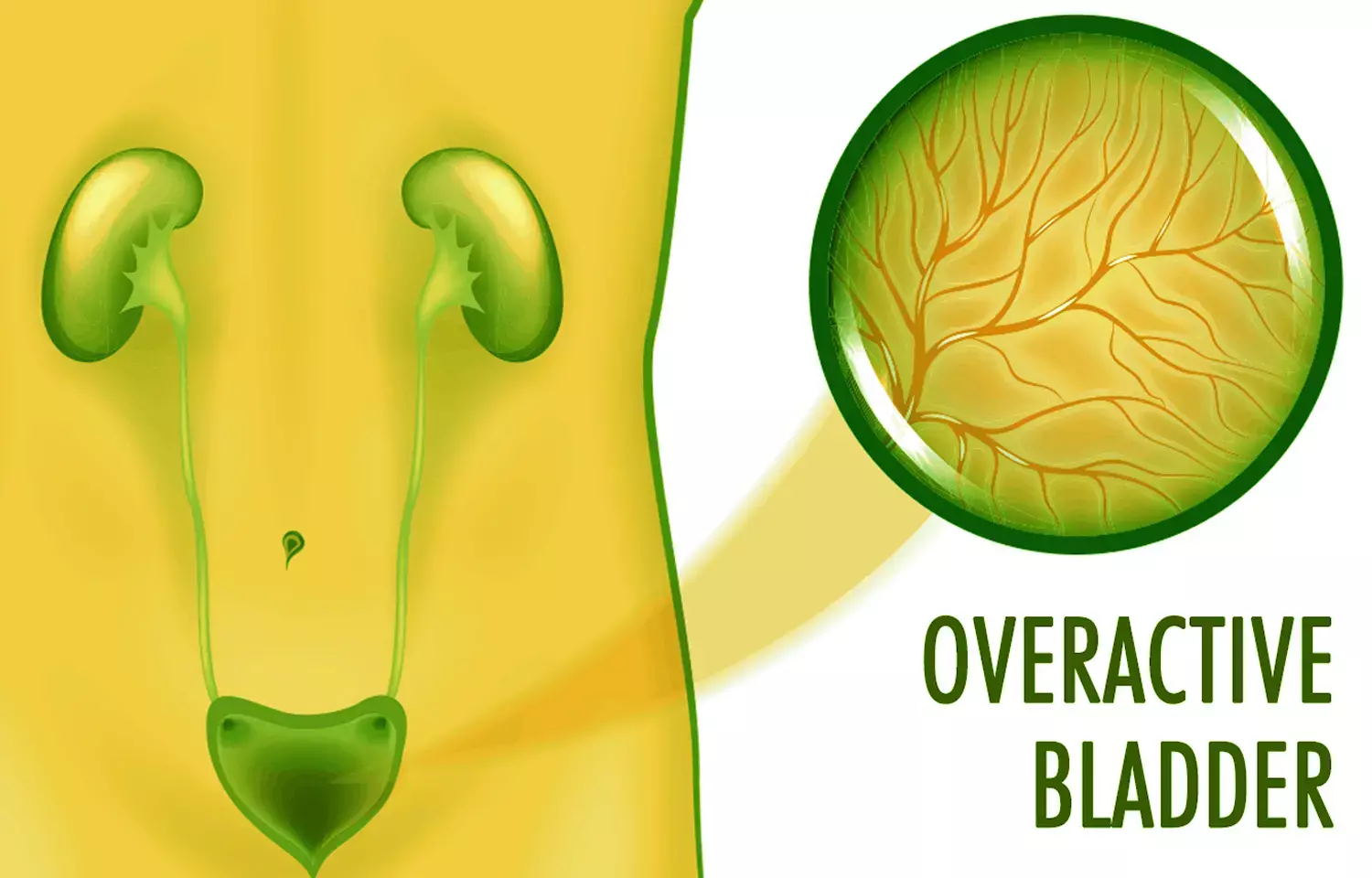- Home
- Medical news & Guidelines
- Anesthesiology
- Cardiology and CTVS
- Critical Care
- Dentistry
- Dermatology
- Diabetes and Endocrinology
- ENT
- Gastroenterology
- Medicine
- Nephrology
- Neurology
- Obstretics-Gynaecology
- Oncology
- Ophthalmology
- Orthopaedics
- Pediatrics-Neonatology
- Psychiatry
- Pulmonology
- Radiology
- Surgery
- Urology
- Laboratory Medicine
- Diet
- Nursing
- Paramedical
- Physiotherapy
- Health news
- Fact Check
- Bone Health Fact Check
- Brain Health Fact Check
- Cancer Related Fact Check
- Child Care Fact Check
- Dental and oral health fact check
- Diabetes and metabolic health fact check
- Diet and Nutrition Fact Check
- Eye and ENT Care Fact Check
- Fitness fact check
- Gut health fact check
- Heart health fact check
- Kidney health fact check
- Medical education fact check
- Men's health fact check
- Respiratory fact check
- Skin and hair care fact check
- Vaccine and Immunization fact check
- Women's health fact check
- AYUSH
- State News
- Andaman and Nicobar Islands
- Andhra Pradesh
- Arunachal Pradesh
- Assam
- Bihar
- Chandigarh
- Chattisgarh
- Dadra and Nagar Haveli
- Daman and Diu
- Delhi
- Goa
- Gujarat
- Haryana
- Himachal Pradesh
- Jammu & Kashmir
- Jharkhand
- Karnataka
- Kerala
- Ladakh
- Lakshadweep
- Madhya Pradesh
- Maharashtra
- Manipur
- Meghalaya
- Mizoram
- Nagaland
- Odisha
- Puducherry
- Punjab
- Rajasthan
- Sikkim
- Tamil Nadu
- Telangana
- Tripura
- Uttar Pradesh
- Uttrakhand
- West Bengal
- Medical Education
- Industry
Short term tamsulosin therapy effective for reducing OAB symptoms in men: Study

Atlanta, GA: Initiation of short course tamsulosin (a-blocker therapy) in men helps in reducing the symptoms of overactive bladder (OAB), finds a recent study in the journal Urology.
Theodore M. Johnson II, Emory University, Atlanta, GA, and colleagues aimed to evaluate tamsulosin therapy for male OAB and to examine if indicators of concomitant benign prostatic hyperplasia (BPH) causes improvement in OAB symptom.
For the purpose, the researchers performed a planned, exploratory analysis of a 4-week, α-blocker (tamsulosin 0.4mg) run-in phase of the Male Overactive Bladder Trial in Veterans (MOTIVE). It included 116 male Veterans (aged 42-88 years) with urinary urgency and urinary frequency (> 8 voids / 24 hours). They were made to complete bladder diaries, answer symptom questionnaires (AUA-7 SI). Also, post-void residual and non-invasive uroflowmetry were measured.
Key findings of the study include:
- There were statistically significant reductions in voiding frequency (11.3 to 10.0 voids/24 hours), urgency scores (mean 2.5 to 2.2 points), and nightly nocturia (2.1 to 1.8).
- Only baseline AUA-7 SI total and voiding subscale categories (mild, moderate, severe) were associated with significant reduction in AUA-7 SI total score.
- For continuous variables, only AUA-7 SI baseline total score was associated with AUA-7 SI storage symptom changes.
- No other baseline measures were associated with changes in urgency, frequency, or nocturia.
" Our findings indicate that Initiation of short course tamsulosin therapy in men was associated with statistical reduction in OAB symptoms," wrote the authors
"Baseline post-void residual, uroflow rate, and the voiding symptom sub-score of the AUA-7 SI were not predictive of OAB symptom improvement with tamsulosin. These findings merits further exploration," they concluded.
The study titled, "An exploratory analysis of tamsulosin for Overactive Bladder (OAB) in men with varying voiding symptom burden," is published in the journal Urology.
DOI: https://www.goldjournal.net/article/S0090-4295(21)00085-6/fulltext
Dr Kamal Kant Kohli-MBBS, DTCD- a chest specialist with more than 30 years of practice and a flair for writing clinical articles, Dr Kamal Kant Kohli joined Medical Dialogues as a Chief Editor of Medical News. Besides writing articles, as an editor, he proofreads and verifies all the medical content published on Medical Dialogues including those coming from journals, studies,medical conferences,guidelines etc. Email: drkohli@medicaldialogues.in. Contact no. 011-43720751


